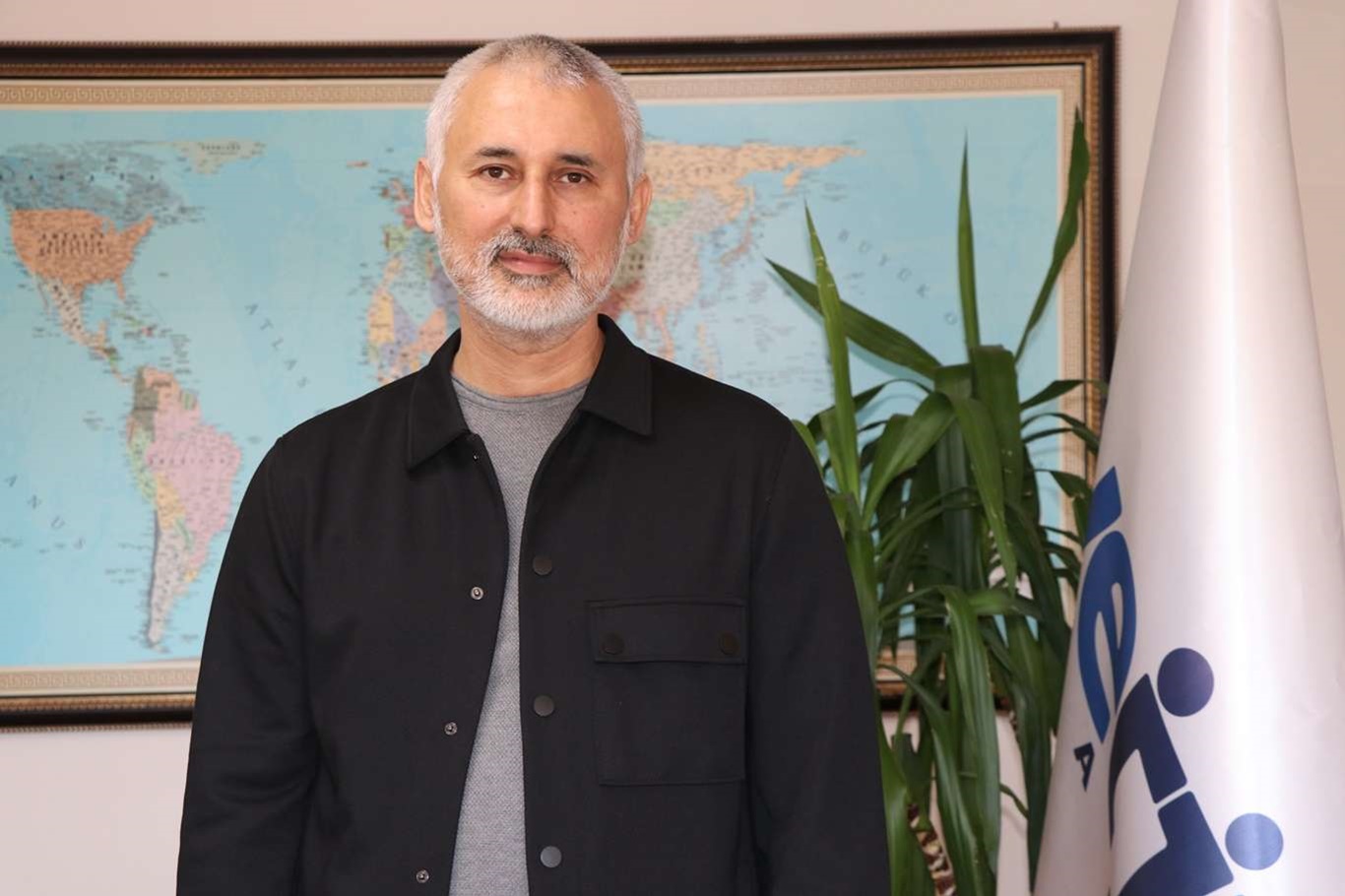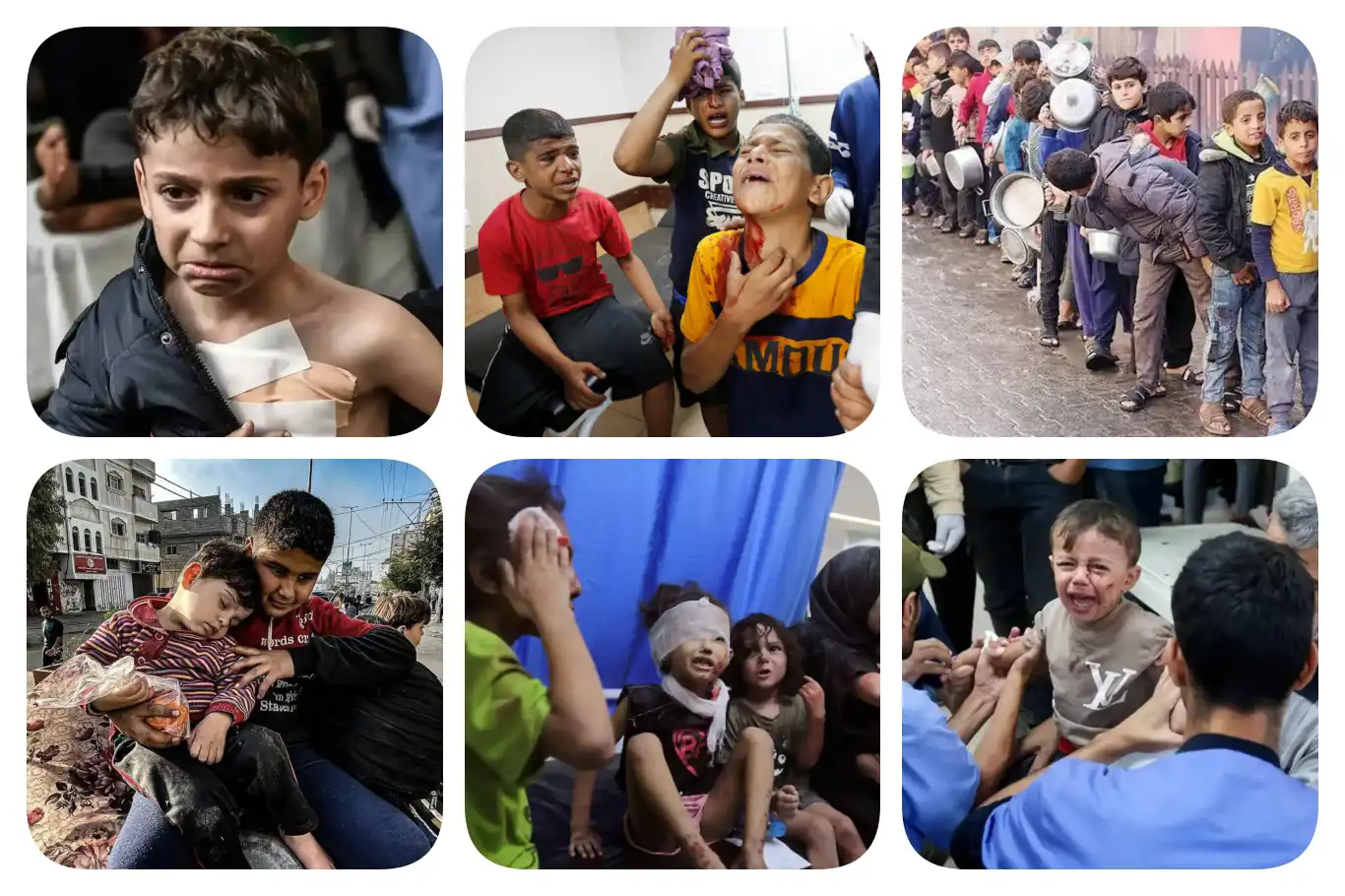UNICEF: Nearly 289 children died or disappeared on Central Mediterranean migration route this year
According to a report by UNICEF, approximately 289 children have died or gone missing while attempting to cross the perilous Central Mediterranean Sea migration route from North Africa to Europe this year.

 Google News'te Doğruhaber'e abone olun.
Google News'te Doğruhaber'e abone olun. This tragic statistic translates to nearly eleven children losing their lives or disappearing every week as they embark on the treacherous journey in search of safety, peace, and better opportunities.
Since 2018, UNICEF estimates that approximately 1,500 children have lost their lives or gone missing while attempting the Central Mediterranean Sea crossing. Shockingly, this number accounts for one in every five deaths or disappearances out of the 8,274 recorded cases documented by the International Organization for Migration's Missing Migrant Project.
The actual number of child casualties is believed to be significantly higher due to the many shipwrecks that go unreported or leave no survivors. These incidents make it practically impossible to verify the true extent of the tragedy.
In recent months, children and infants have tragically perished not only on the Central Mediterranean Sea route but also on other Mediterranean routes and the Atlantic route from West Africa, including the devastating incidents off the coasts of Greece and Spain's Canary Islands.
Catherine Russell, the Executive Director of UNICEF, expressed grave concern over the situation, stating: "In attempts to find safety, reunite with family, and seek more hopeful futures, too many children are boarding boats on the shores of the Mediterranean, only to lose their lives or go missing on the way."
Russell emphasized the urgent need to establish safe and legal pathways for children to seek asylum while strengthening efforts to rescue lives at sea. Furthermore, she stressed the necessity of addressing the root causes that force children to risk their lives in the first place.
Since January 2023, UNICEF estimates that 11,600 children, averaging 428 children per week, have arrived on the shores of Italy from North Africa. This represents a twofold increase compared to the same period in 2022, despite the immense dangers faced by children during the journey. The majority of these children depart from Libya and Tunisia, having already endured perilous journeys from various countries across Africa and the Middle East.
Disturbingly, during the first three months of 2023, 3,300 children, accounting for 71% of all children arriving in Europe through this route, were recorded as unaccompanied or separated from their parents or legal guardians. This puts them at a higher risk of experiencing violence, exploitation, and abuse. Girls traveling alone are particularly vulnerable and are likely to encounter violence before, during, and after their journeys.
The Central Mediterranean Sea route has become one of the most hazardous paths undertaken by children seeking refuge. However, the risk of death at sea is just one of many tragedies these children face, including threats or experiences of violence, limited access to education and future opportunities, raids, immigration detention, and separation from their families. These risks are further compounded by the lack of safe pathways for children to migrate, limited access to protection in countries along the way, and inadequate and slow search and rescue operations. (ILKHA)



















































